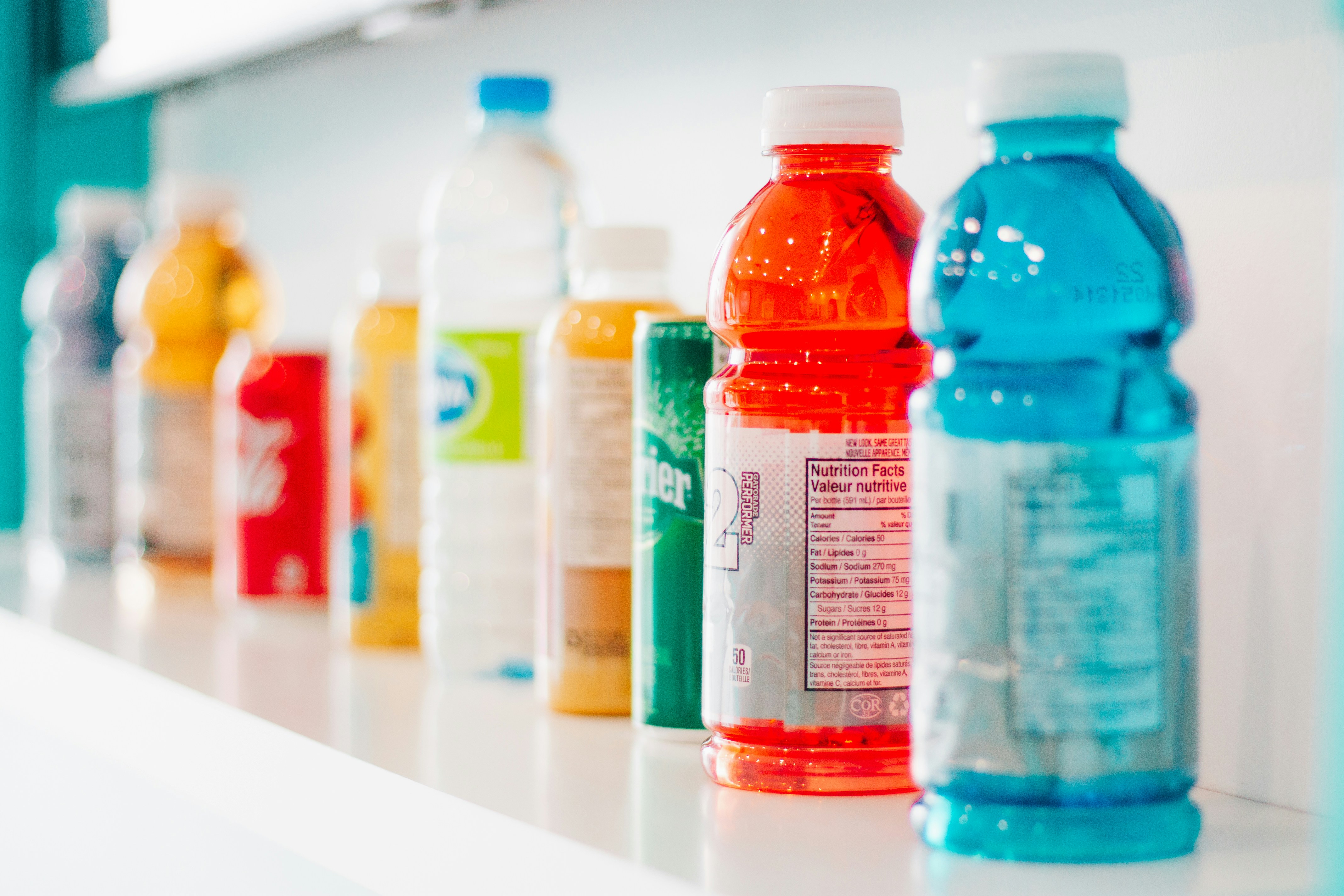Proper nutrition is crucial for bike racing, as it helps optimise performance, endurance, and recovery. Here are some key tips for fueling your body effectively:
1. Balanced macronutrient intake: Make sure to include a balance of carbohydrates, proteins, and healthy fats in your diet. Carbohydrates provide the primary energy source, while proteins aid in muscle repair and recovery. Healthy fats help with hormone production and overall health.
2. Carbohydrates: Prioritise complex carbohydrates, such as whole grains, fruits, vegetables, and legumes. These sources provide sustained energy and also contain important vitamins, minerals, and fiber.
3. Protein: Consume adequate protein to support muscle repair and recovery. Sources include lean meats, fish, poultry, eggs, dairy products, legumes, and plant-based options like tofu and quinoa.
4. Hydration: Proper hydration is essential for optimal performance. Drink water regularly throughout the day and carry a water bottle during training and racing. Electrolyte-rich sports drinks can be beneficial for longer-duration rides to replenish sodium, potassium, and other electrolytes lost through sweat.
5. Pre-race nutrition: Consume a balanced meal 2-3 hours before the race, focusing on easily digestible carbohydrates, such as oatmeal, whole grain toast, bananas, or yogurt. Experiment with different foods during training to see what works best for your body.
6. During-race fuelling: For longer races, consume carbohydrates in the form of energy gels, sports drinks, or energy bars to maintain energy levels. Aim to consume 30-60 grams of carbohydrates per hour, along with water to stay hydrated.
7. Post-race recovery: Consume a meal or snack containing protein and carbohydrates within 30-60 minutes after the race to aid in muscle repair and glycogen replenishment. Chocolate milk, yogurt, or a protein shake with fruit can be quick and convenient options.
8. Consistency and experimentation: Stick to a consistent eating plan during training to optimise performance. Experiment with different foods, amounts, and timing to find what works best for your body. Keep a food diary to track your energy levels and performance.
Remember, individual nutrition needs may vary, so it's best to consult with a registered dietitian who specialises in sports nutrition to personalise your nutrition plan based on your specific goals and requirements.
More related to this articles

Electrolytes: Why They’re Overrated (and When You Actually Need Them)
Electrolytes are one of the most overhyped products in sports nutrition. While brands push powders and tablets as everyday essentials, most athletes don’t actually need them for regular training. Water and a balanced diet provide more than enough for sessions under an hour. Electrolytes only become useful in hot conditions, during long endurance events, or for athletes with heavy sweat losses. The takeaway? They’re a tool for specific situations, not a daily performance hack.

Forget Diet Culture. Here’s What Balanced Actually Means When You’re 40+

Optimising Match-Day Nutrition: What New Research Tells Us About Fueling and Recovery in Football
In elite football, small gains can make a big difference. Get your nutrition protocols in check.
.svg)

